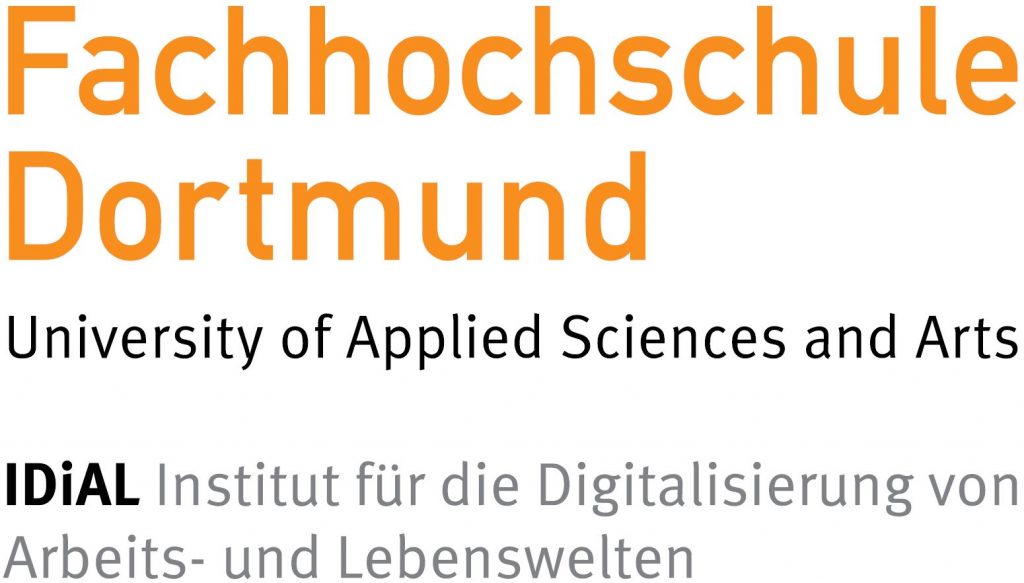
Special Stream on Advanced Machine Learning
Machine Learning Stream dedicated to both theoretical and practical tasks in overall problems related to Artificial Intelligence. Also, it is based on mathematical apparatus of Computational Intelligence, Soft Computing, Neuromathematics, Mathematical and Applied Statistics, Optimisation including Evolutionary one.
The main points which are seen within Stream are connected with to Artificial Neural Networks (ANN) including traditional shallow ones, deep ANNs, spiking-liquid ones, quantum and multivalued ANNs, cascaded and stacking ANNs, reservoir and echo-state ones, evolving (including GMDH) ANNs e.a. Also, the following systems are under consideration: the fuzzy systems (of type-1, type-2 e.a.), rough and interval learning systems, and Hybrid Systems of Computational Intelligence including Neuro-Fuzzy systems, Wavelet-ANN, Neo-Fuzzy Systems, Neuro-Neo-Fuzzy Systems e.a.
Special attention has been given to ensembles of different type systems and their combined learning including controlled learning with a teacher, self- learning without a teacher, reinforcement learning, semi-controlled (active, proactive) learning, lazy learning (neurons at data points, just in time models), extreme learning based on evolutionary optimization algorithms (genetic, particles swarms, random search e.a.).
The preoccupation is applied problems which are related to Data Mining, Data Stream Mining, Big Data Mining, and first of all: the processing of signals of diverse nature including images, energy efficiency, natural languages, various medical information, specifically, predetermined in non-numerical scales, such as economical, social, military, weather, seismologic data. Additionally, there are traditional tasks which are under consideration and linked to the association, restoring dependencies – identification – emulation – forecasting – filtration – earlier faults detection, classification-pattern recognition, clustering – data compression-encoding, restoring of distorted and lost data, blind separation and identification, adaptive control, but and nonconventional ones, which appear in real life.
In all cases, the strict formal statement of the problem and specific method of its solution are desirable. Also, the comparison with known approaches (in case of their existence) results of experiments (computer or natural) confirming the effectiveness approach under consideration are advisable as well.
Topics:
- Artificial Neural Networks (ANN);
- Fuzzy systems;
- Neuro-fuzzy systems;
- Neo-fuzzy systems;
- Hybrid Learning;
- Online machine learning;
- Evolutionary optimization;
- Particle swarms optimization;
- Data Stream Mining.
Co-Chairmen
- Yevgeniy Bodyanskiy (Dr.Sc., Prof. Professor, Kharkiv National University of Radio Electronics, Kharkiv, Ukraine)
- Eduard Petlenkov (Ph.D., Prof., Head of the Centre for Intelligent Systems Department of Computer Systems Tallinn University of Technology, Tallinn, Estonia)
IPC Members:
- Iryna Perova (Dr.Sc., Prof., Professor of Biomedical Engineering Department, Professor of System Engineering Department, Kharkiv National University of Radio Electronics, Kharkiv, Ukraine)
- Galina Setlak (Dr.Sc., Prof., Professor Politechniki Rzeszowskiej, Rzeszów, Poland)
- Kristina Vassiljeva (Ph.D., Assoc. Prof. Department of Computer Systems, Tallinn University of Technology, Tallinn, Estonia)
- Igor Aizenberg (Dr.Sc., Prof., Professor and Chair of Computer Science Department, Manhattan College, New York, USA)
- Alina Nechyporenko (Dr.Sc., Prof., Researcher at Technical University of Applied Sciences, Division Molecular Biotechnology and Functional Genomics, Wildau, Germany)
- Anna Vergeles (Ph.D., DataOps Team Lead, Oracle, Kharkiv, Ukraine)
- Valentyna Volkova (Ph.D., Project Leader, Samsung R&D Institute Kyiv, Ukraine)
Dates and Deadlines
Extended Abstract Submission:
15 May 2023
01 June 2023
Notification of Extended Abstract Acceptance:
30 June 2023
23 July 2023
Camera Ready Papers:
20 July 2023
30 July 2023
For Authors
Social Networks
Technical co-Sponsors


